
A decent bar of vegan chocolate from Tesco (Wicked Salted Caramel) Maybe a little to sweet for me but not bad overall
Chocolate is a world-renowned commodity that millions of people have eaten for centuries. Almost everyone from vegans to omnivores can enjoy this ancient delicacy because chocolate starts off as cocoa beans growing on cocoa trees. This means no allergens or animal ingredients.
However, your finished product often contains much more than just cocoa. Manufacturers add milk, sugar and additives to form the familiar chocolate bars you know and love, so what do they use to make vegan chocolate bars?
Your average vegan chocolate bar will usually contain sugar, cocoa butter, a dairy-milk alternative like rice or oat syrup and some other flavourings and additives like almonds, lecithins (soya) and hazelnut paste.
Obviously, the ingredients will differ from flavour to flavour and brand to brand, but those are the usual ingredients you can expect to see.
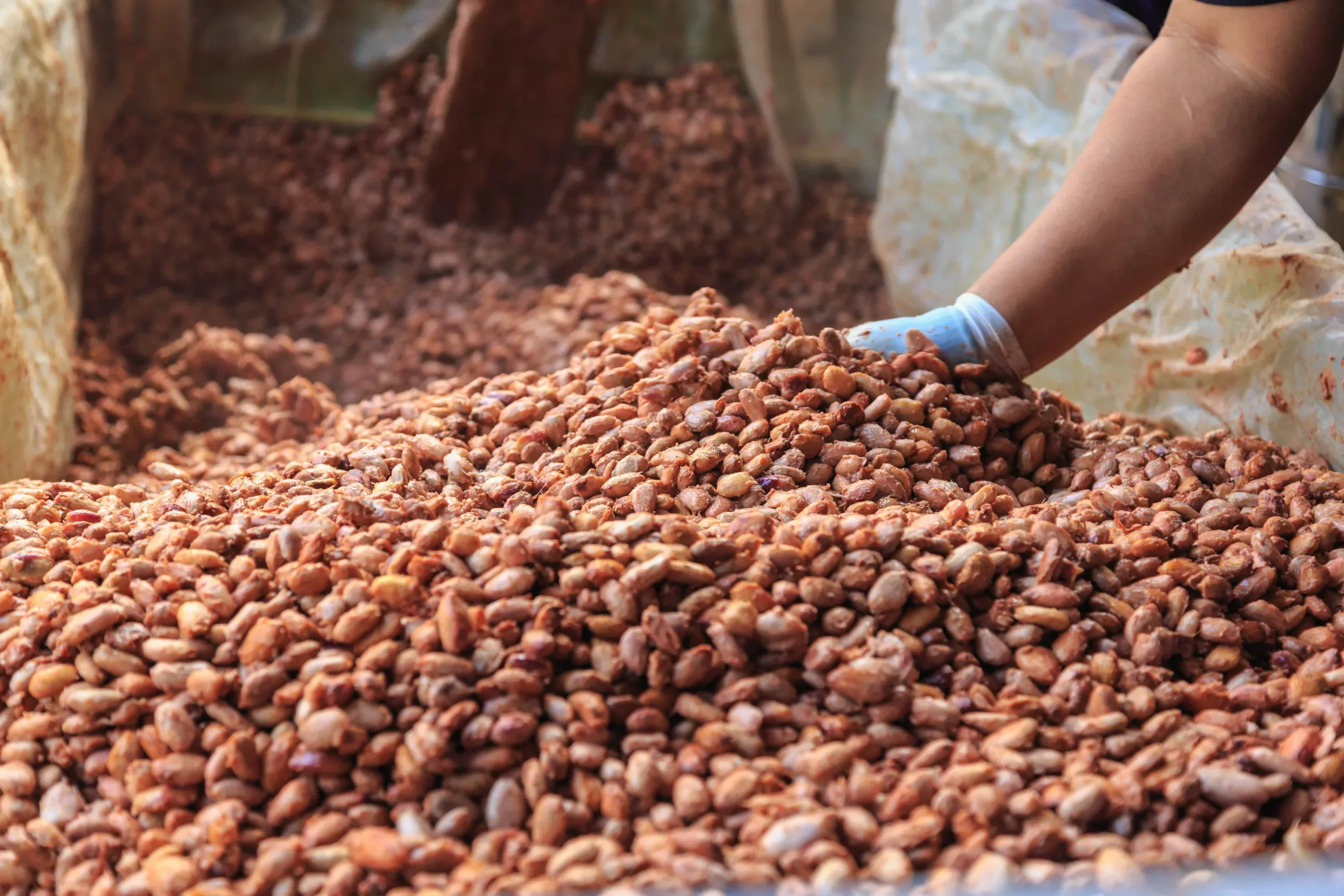
Fermenting coca beans to make chocolate
How is vegan chocolate made?
The production of vegan chocolate varies depending on many factors. But commercial vegan chocolate bars are usually made similarly to their non-vegan counterparts but without animal ingredients.
- cocoa beans are collected, roasted, and skinned, leaving just the “nibs,” which consist of around 50% cocoa butter and 50% cocoa powder.
- These nibs are then ground into a paste, which generates a lot of heat and friction, activating the cocoa butter and turning it into pure liquid chocolate.
- At this point, the chocolate can be considered dark, vegan-friendly chocolate, however, 99% of the time production doesn’t stop here. Milk, sugar, vanilla, and other additives can now be added to sweeten the bitter taste of pure chocolate and smoothen its texture. (In the case of vegan chocolate bars, a dairy milk alternative like rice syrup is used.)
In a similar vein, homemade vegan chocolate can be made in a multitude of ways, but use this as a general guide.
- Coconut milk powder, coconut sugar and a bit of salt are blended together to form a fine powder.
- Cocoa nibs are roasted for about 10 minutes and then blended to form a chocolate liquid.
- Cocoa butter (the fat from cocoa beans) is melted and added to the newly formed chocolate liquid.
- The powder made in step one is added to the chocolate liquid incrementally and blended at intervals to maintain a smooth consistency
- Now the liquid chocolate needs to be cooled, this can be done by placing the liquid chocolate in a bowl of cold water
- Then the liquid is poured into moulds and left to chill for 1-2 hours
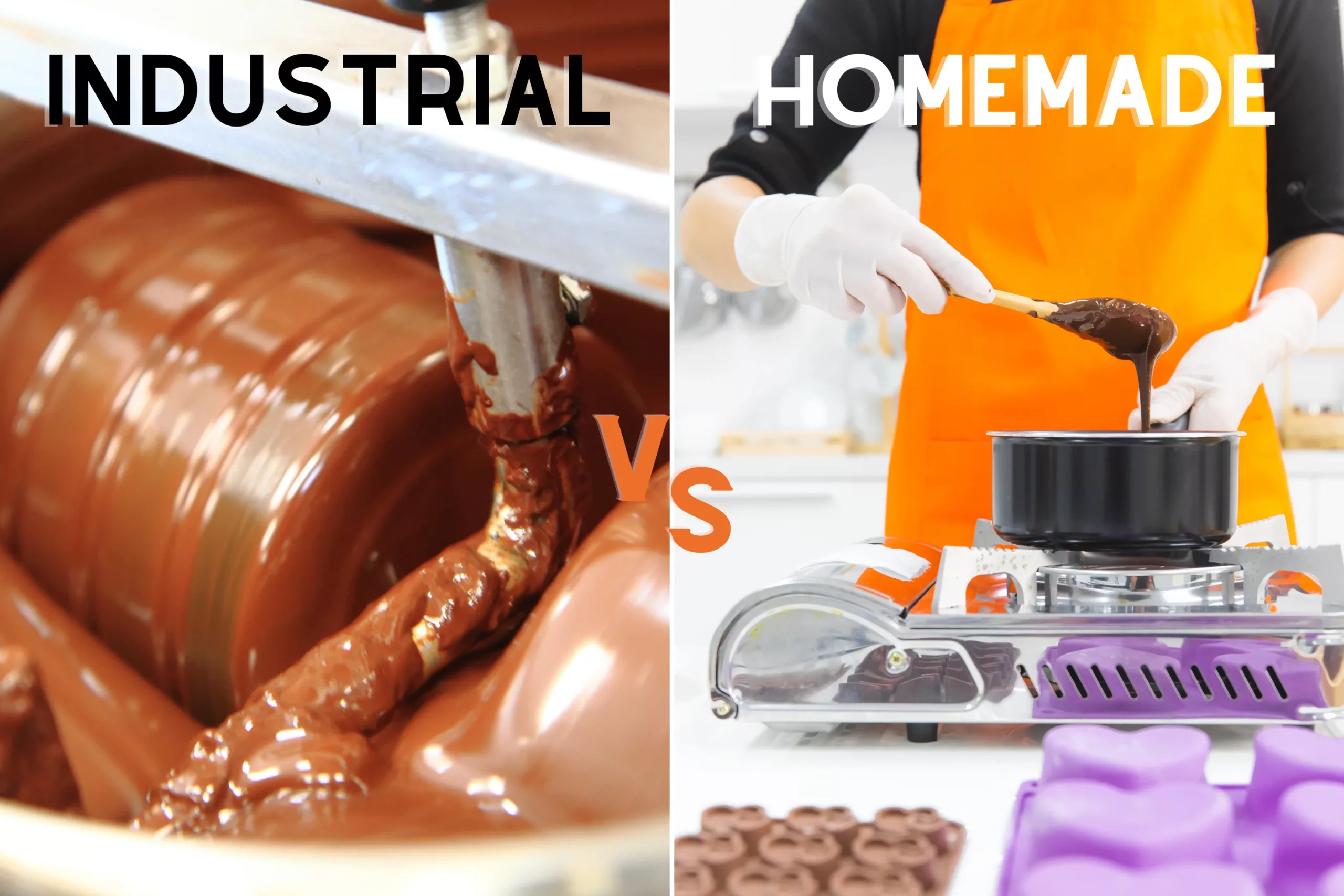
Which chocolates are vegan?
Here are my top 10 vegan chocolates in no particular order. For each listing I’ve attempted to source websites with the lowest prices so click through and snatch a bargain:
- Alter Eco’s extensive line of vegan chocolates – view prices
- Hershey’s oat dark chocolate – view prices
- Moser Roths vegan chocolate collection – view prices
- Cadbury plant bars salted caramel & oat chocolate. – view prices
- Lindt chocolate’s large variety. (Their smooth oat chocolate is conveniently on amazon too.)
- Vegan milk way (A bit on the pricier side but also on amazon)
- Montezuma’s vegan chocolate collection. – view prices
- King Monty Hazelnut Crunch Bar – Cheapest price I can find
- Ombar Coco Mylk (Possibly my favourite one, but it’s hard to choose) – view prices
- No Whey! Milkless Chocolate Bars – view prices
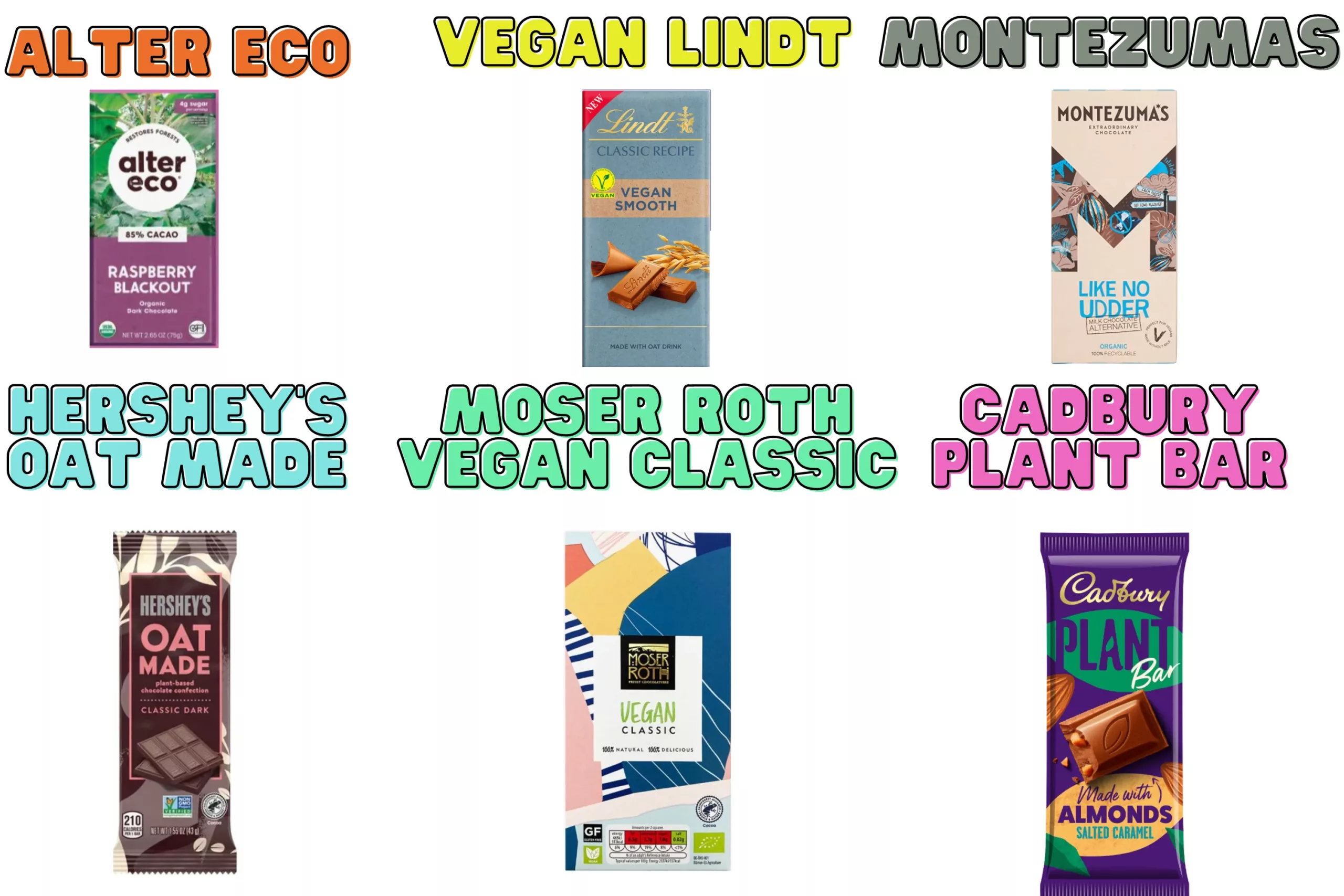
You’re spoilt for choice! Having tried 8 of the 10 brands here and I can say they’re all pretty good. None of them blew me out of the water except for No Whey and Ombar, which are quite spectacular.
The other two (Cadbury plant bar & Hershey’s oat chocolate) were recommended to me by non-vegan chocoholics so I assume they’re also worthy to be on this list.
There are way more vegan chocolates to choose from, but not all of them are great and some can be hard to get your hands on. When it comes to hunting for them yourself just make sure there’s no dairy, (milk, whey, lactose, casein) eggs, honey or shellac. These are the 4 most common non-vegan ingredients you’ll find in a chocolate bar.
If you’re interested in finding a particular, milk, white or dark vegan chocolate bar, look no further:
Check out these vegan milk chocolate bars:
- Pure heavenly mint milk chocolate
- Coco Pzazz Salted Caramel Vegan ‘Milk’ Chocolate Bar
- Purdy’s Vegan Mylk Chocolate Bar
- Lindt oat milk chocolate
- No Whey! Milkless Chocolate Bars
- Taza’s almond milk chocolate collection
- Trader Joe’s oat milk chocolate bars
Some vegan white chocolate bars to try out:
- Sugar-Free and Vegan White Chocolate Bars by Soopergood
- Moo Free White Mini Bars
- Tesco Free From White Chocolate Bar
- Pascha organic vegan white bar
- iChoc – Organic White Vanilla
- Moser Roth Vegan Blonde Cocoa Bar
Awesome vegan dark chocolate bars:
- Montezuma’s dark chocolate collection
- Lindt Excellence dark 90% Intense
- Tony’s Chocolonely Dark Almond Sea Salt Chocolate Bar
- Divine Fairtrade 70% Dark Chocolate with Raspberries
- JustChoc Box Organic Peruvian Cacao Dark Chocolates
- Hu Hazelnut Butter Dark Chocolate Bar
- Pure heavenly dark chocolate with sea salt.
Here I’ve linked to all the chocolates on a google doc.
What chocolates aren’t vegan?
Any chocolate that contains milk, eggs, honey or any other animal-derived ingredient, cannot be considered vegan. The vast majority of chocolate brands use dairy milk, however with the rise of veganism, these same companies are now producing dairy-free, vegan alternatives. The packaging and branding are often very similar so be careful when selecting your chocolate bars.
Here’s a table of non-vegan chocolates and the ingredients to look out for.
| Chocolate Name | Non-vegan ingredients |
|---|---|
| Snickers | Skimmed milk, milk fat, egg whites |
| Kitkat | Whole milk, lactose, whey |
| Milk Way Bar | Lactose, milk fat, egg whites, skimmed milk |
| Mars Bar | Egg white powder, skimmed milk, milk fat, whey powder |
| Almond Joy | Milk, lactose, milk protein |
| Nestle Crunch Bar | Skimmed milk powder, butterfat (from milk), whole milk powder |
| Toblerone | Honey, egg whites, milkfat |
| Twix | Skimmed milk, milk fat |
| Hershey’s Bar | Lactose, milk fat, |
| Reese’s Peanut Butter Cups | Milk powder, milk fat |
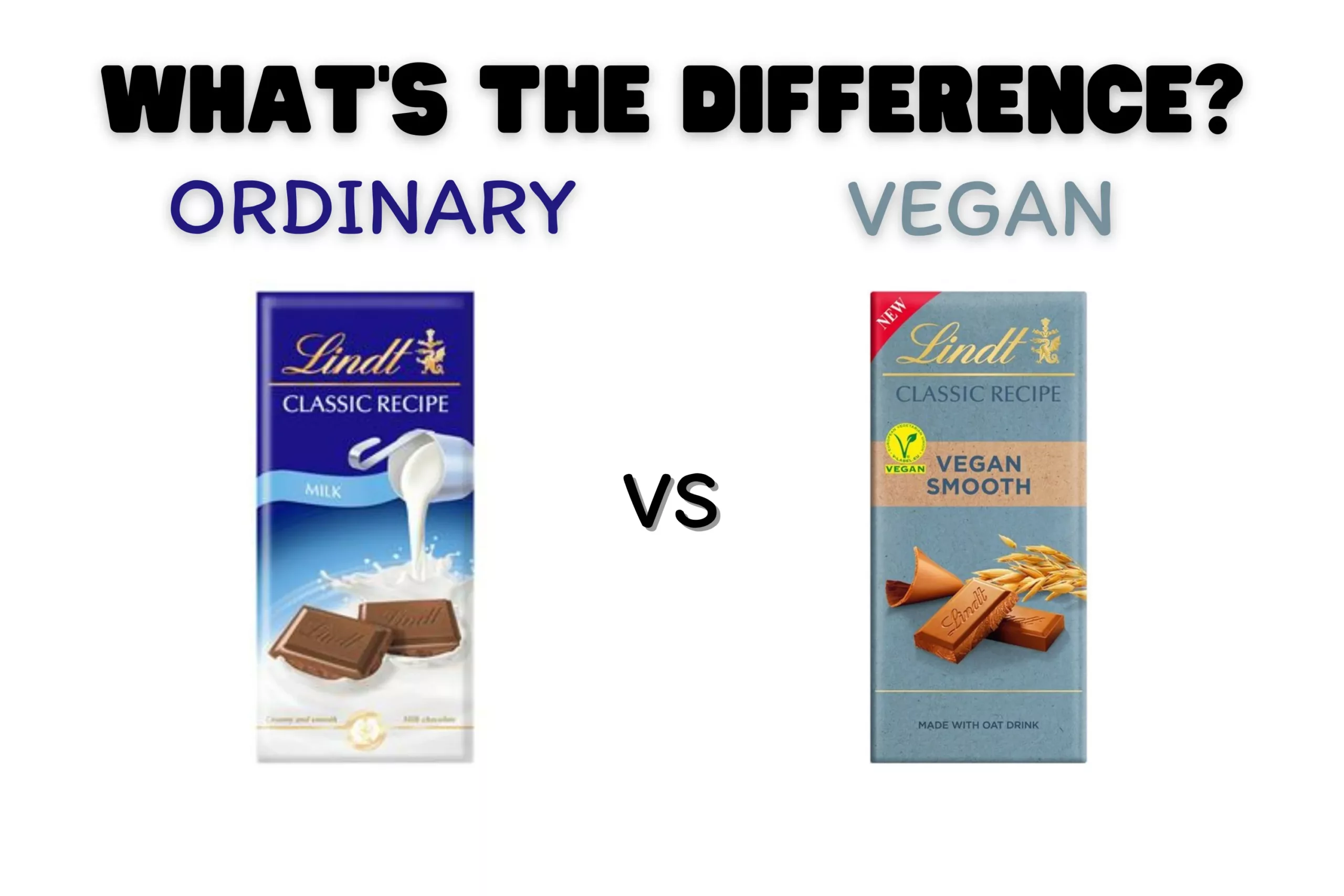
What is the difference between vegan chocolate and regular chocolate?
The difference starts with the types of ingredients that are commonly used, this affects the taste, aftertaste, consistency and possible bodily responses you will have after eating it.
- Vegan chocolates often consist of coconut sugar, cocoa butter, rice or oat milk, flavourings, and additives like lecithins.
- Non-vegan chocolate often consists of cane sugar, cocoa butter, dairy milk, flavourings, and additives like lecithins and maltitol.
Of course, all chocolate bars are slightly different but the main distinction between vegan and regular chocolate is the type of milk and sweeteners used. Ignoring the difference in manufacturing processes, these two factors alone make a big difference and affect the snap, taste, smell and healthfulness of the chocolate.
Another way to illustrate the difference is to compare the nutritional values of vegan and non-vegan chocolate bars. This can give you a better idea of how these chocolates can affect your body differently as well as what they could possibly taste like, based on the sugar, fat and salt content.
Please review the comparative list below:
Lindt Classic Recipe Milk Chocolate Bar Nutritional Information Per 100g:
- Energy (kJ) 2276
- Energy (Kcal) 545
- Fat(g) 32- of which saturates(g) 19
- Carbohydrate(g) 56
- – of which sugars(g) 55
- Protein(g) 7
- Salt(g) 0.24
Lindt classic Vegan Milk Chocolate Bar Nutritional Information Per 100g:
- Energy (kJ) 2333
- Energy (Kcal) 559
- Fat(g) 34- of which saturates(g) 17
- Carbohydrate(g) 58
- – of which sugars(g) 42
- Protein(g) 3.9
- Salt(g) 0.05
Galaxy Salted Caramel Chocolate Bar Nutritional Information Per 100g
- Energy (kcal) 495 kcal
- Fat 26 g – of which Saturates 16 g
- Carbohydrate 59 g
- ^of which are sugars 55 g
- Protein 6 g
- Salt 0.61 g
Galaxy – Vegan Caramel & Sea Salt Bar Nutritional Information Per 100g
- Energy (kcal) 577.90 kcal
- Fat 38.9 Grams – of which saturated 19.1 g
- Carbohydrate 53.4 g
- ^of which are sugars 45.8 g
- Protein 3 g
- Salt 0.64 g
Cadbury Dairy Milk milk chocolate Nutritional Information Per 100g
- Energy 533 kcal
- Fat 31 g
- of which saturated fat 18.4 g
- Carbohydrate 57 g
- of which sugars 56 g
- fibre 2.1 g
- Protein 7.3 g
- Salt 0.14 g
Cadbury Plant Bar Nutritional Information Per 100g
- Energy 559 kcal
- fat 35 g
- of which saturated fat 17 g
- carbohydrate 55 g
- of which sugars 46 g
- fibre 3.9 g
- protein 4.4 g
- salt 0.02 g
I know this is not the best way to demonstrate the difference but unfortunately telling you that one tastes better or worse would be foul play since every single chocolate bar differs.
I decided to compare chocolates that are made by the same brand and are as similar as possible, this way we can eliminate multiple factors that can affect how the chocolate turns out.
By looking at the nutritional values we can see very minor discrepancies, indicating that vegan chocolates and their non-vegan counterparts are quite similar nutritionally.
As you can see, all of these chocolate bars, vegan or not, are quite high in sugar and fat , but this is to be expected since milk chocolate is actually quite low in cocoa content but high in sugar and additives. This sets us up nicely to answer a commonly asked question…
Is vegan chocolate healthy?

For the most part, unless dark, both vegan and non-vegan chocolates are mass-produced and often contain low cocoa content with excess sugar and a bunch of fillers and additives that make up the rest. As such, neither are particularly “healthy” and shouldn’t be overconsumed.
However, there is some merit in saying that vegan chocolate is healthier, for example, dark chocolate (which is often vegan by default) is known for its health benefits like improved blood flow and lowered cholesterol.
However, when it comes to vegan milk chocolate bars and non-vegan milk chocolate bars, you can argue that in general vegan chocolate is healthier, here’s why…
The concentration of saturated fat found in dairy milk can be problematic for many people, over half of the world’s population reports trouble digesting dairy and based solely on that you can infer that vegan chocolate can be “healthier”
Apart from that, it is somewhat dubious to say vegan chocolate is healthy as the process from cocoa bean to chocolate bar involves a lot more than just using non-dairy milk. All the added sugars, flavourings and additives on both sides make the chocolate “hyper-palatable – A hyper-palatable food is one that is so tempting it can override your ability to control the amount you eat”
If you are health-conscious your best bet is to purchase quality dark chocolate.
The wrap-up
Hopefully, you enjoyed reading this article as much as I did writing it! There’s a lot to learn in the world of chocolate and this article only scratches the surface. All in all, vegan chocolate is a brilliant alternative for the sweet tooth out there who wants to indulge in some comfort food once in a while. As with all things though, moderation is key!


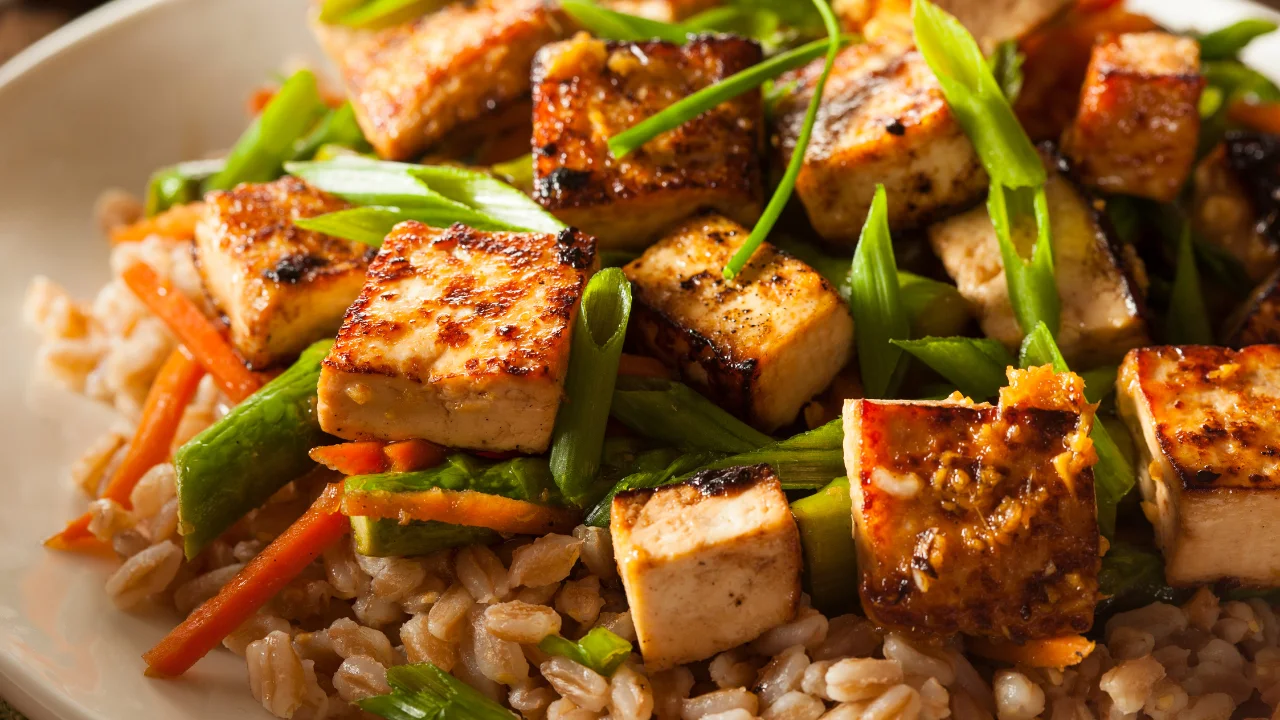

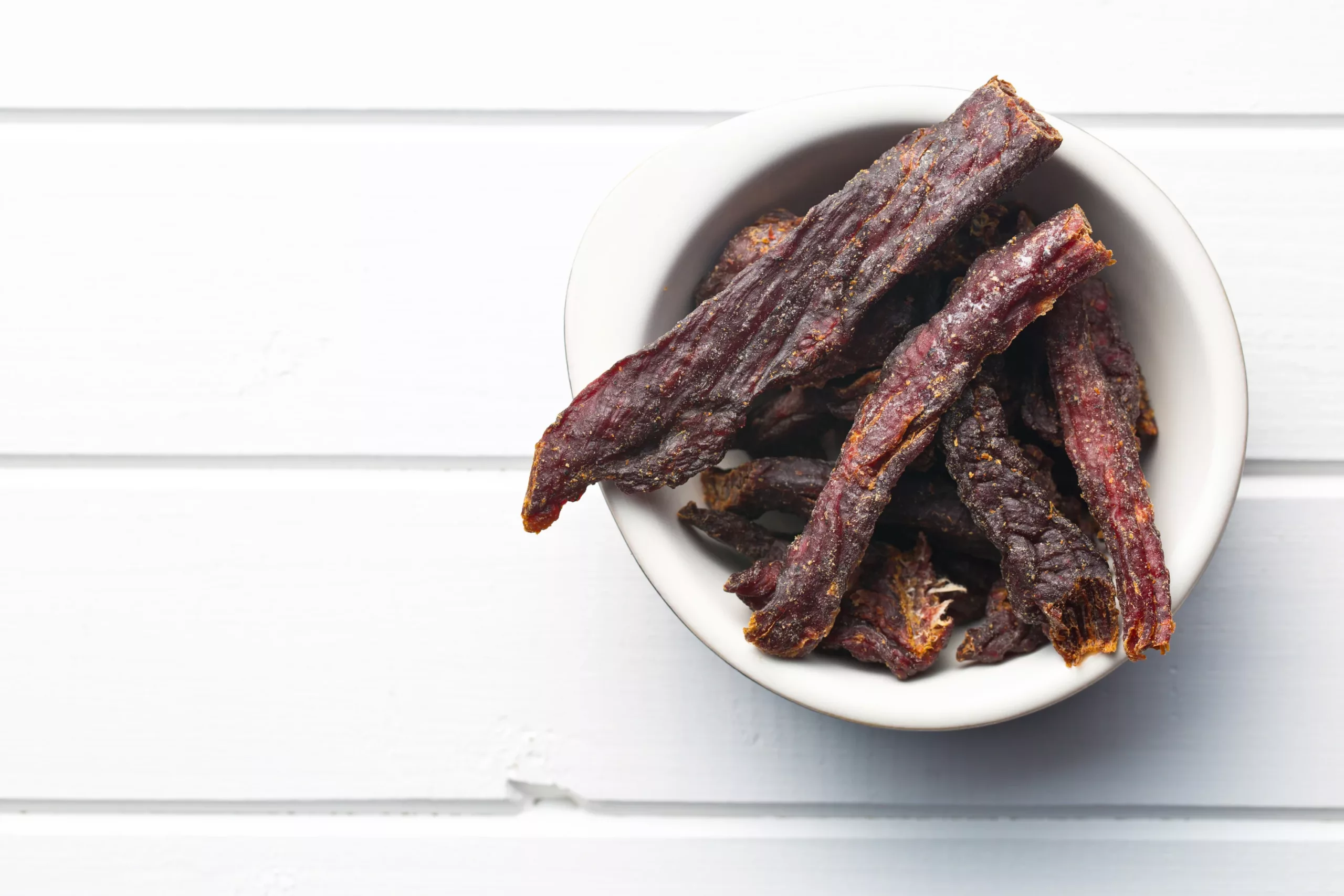
That was a well written article, very informative and after reading it, I just want to have a bite of vegan chocolate!! I am not a vegan but I know many choose this lifestyle for health and respect for animal for a reason. You made a lot of good recommendation but I feel like one thing is missing in your article maybe this could be added in a part 2.
Vegans (correct me if I am wrong) have an environmental conscious so adding brands that are fair traded would made many people happy.
And one other thing a chart with a taste meter to add.
In your article you clear the air on the matters what is and what is not vegan chocolate, for now on there’s no excuse.
Thank you for your kind comment Eric, I would love to expand on this topic, there is so much more to talk about regarding the impact chocolate has on west African economies as well as the difference in environmental impacts between vegan and non-vegan bars. Perhaps a part 2 will be coming soon ????
Quality dark chocolate for improved blood flow and lowered cholesterol is simply the most healthiest alternative. Chocolate is so appealing and is a hyper-palatable food that is so delicious to eat. We must watch how much sugar we consume so it makes perfect sense to limit the amount of chocolate consumed at any given time. There are so many people that find chocolates so tempting and hard to resist that they must only buy small amounts at a time in order to limit the amount they can eat at one setting.
Chocolate is one of those confectionaries that plays with all your senses, as such, it can be irresistible. The silky smooth texture, sweet and decadent smell, the satisfying feel of a chocolate snap, and so on. I understand why there are so many chocoholics.
Ooo thanks for this tasty and interesting information!
I absolutely love chocolate and have a massive sweet tooth so reading this post has got my tasted buds hyped. I wasn’t aware chocolate can be made at out home, that’s cool!
I didn’t know Hershey did a vegan chocolate, that’s great to know, definitely going to check that one out, only wondering where I can grab myself one!
Have a great day!
Those Hershey bars are notoriously difficult to find, If you live in the US I believe you can find them in select target stores.
A well written post . time to monetize your baeutiful article you worked so hard to get this far.
Thank you so much for your kind words, it really does mean a lot!
I am like wow. There is chocolate made from animal fat? I did not know that. I thought that all chocolate was made of natural nonanimal fat. I Like how you ask a question and then start answering the question. (how is vegan chocolate made?) And those chocolates I did not know that those were made from animals(KitKat, snickers,nestle crunch bar, etc)
Im glad you leant something from this post!